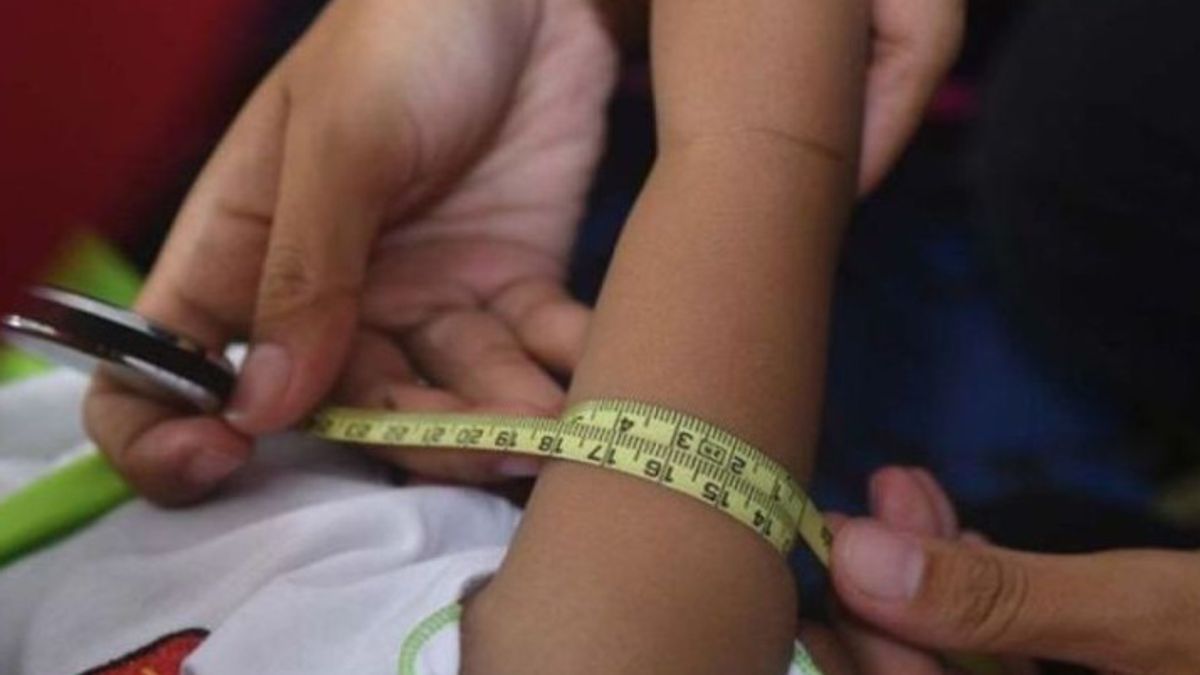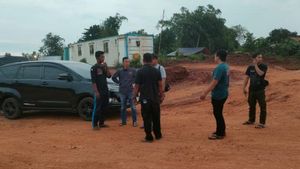JAKARTA - Head of Disease Prevention and Control (P2P) of the Makassar Health Service, South Sulawesi, Dr. Nani said that stunting-categorized children have a higher risk of being exposed to tuberculosis or tuberculosis.
"When compared to normal nutrition toddlers, toddlers with malnutrition and stunting categories are at a higher risk of being exposed to tuberculosis. Likewise with toddlers suffering from tuberculosis, with chronic nutrition and vulnerable immunity problems, the potential for stunting is also large," said Nani in Makassar, quoted from Antara, Sunday, January 15.
Therefore, he said, a comprehensive and integrated approach is needed so that both problems can be resolved.
"Tuberculosis and stunting are currently a priority for health problems in Indonesia. Therefore, during the TB screening in Makassar, stunting screening was also carried out," he said.
One of the strategies in finding TB sufferers is self-assessment screening through the Sobat TB application for the community, especially in Lorong Wisata.
According to him, if those who go through the assessment get the results of the suspect or suspected TB, they will be linked to health workers at the health care facility closest to their domicile.
Another strategy by expanding the TBC service network involves private clinics and health facilities (National TB Program) requires recording and reporting of TB cases only through the SITB System which directly calculates targets and achievements nationally.
Therefore, according to him, it is important to include all existing health facilities, both public (government) and private (private) to be able to network and report the results of their findings in the system, to be able to measure the extent of the success of the TB program that has been implemented in the community.
Meanwhile, regarding stunting, the Makassar Health Office also made a number of efforts to suppress and prevent stunting cases, such as counseling training on feeding infants and children, both for health workers and health cadres.
Then, the provision of additional food for recovery for malnutrition toddlers and malnutrition toddlers, including for pregnant women who lack chronic energy and are also supervised by exclusive breastfeeding in RSIA.
The English, Chinese, Japanese, Arabic, and French versions are automatically generated by the AI. So there may still be inaccuracies in translating, please always see Indonesian as our main language. (system supported by DigitalSiber.id)








